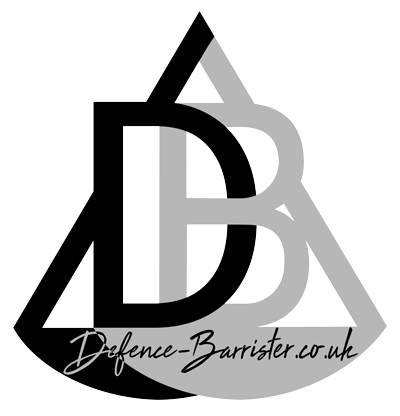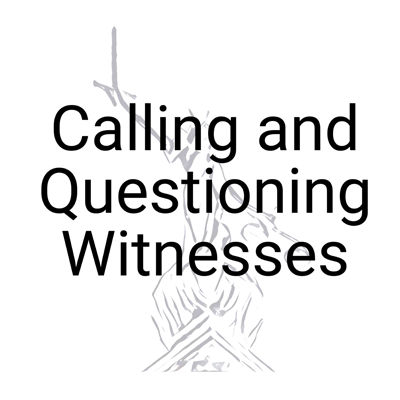Witness Evidence and Questioning
Calling witnesses and presenting evidence a trial
All Contents > Witness Evidence & Questioning > Witness Protection & Support > Witness Competence & Compellability > Witness Summons > Hearsay
“Where there is a dispute about what happened, very often juries and magistrates will have to make their decision based on the evidence of witnesses. They will have to assess whether they can be sure what a witness has told them is correct, i.e. is there room for confusion, mistake, have they blatantly lied, are they exaggerating, are they telling the whole truth?”
On this page:
Witness Evidence
Calling and Questioning Witnesses
Written Witness Statements
The 3 stages of giving evidence
Examination-in-Chief
Cross-Examination
Re-examination
Agreed Prosecution Evidence, Reading Witness Statements and Agreed Facts
The right against self-incrimination
Perjury
What if I cannot get my witness to court?
Trial dates and witness availability
What happens when I have finished giving my evidence?
Witness Evidence
The evidence of witnesses lies at the heart of the criminal justice system. There are multiple ways to prove a case using scientific and direct evidence (e.g. DNA, fingerprint, blood pattern analysis, video, cell site analysis) but even these may rely on to a significant extent on human analysis. Where there is a dispute about what happened, very often juries and magistrates will have to make their decision based on the evidence of witnesses.
They will have to assess whether they can be sure what a witness has told them is correct, i.e. is there room for confusion, mistake, have they blatantly lied, are they exaggerating, are they telling the whole truth?
All evidence at trial relates to a witness in one way or another, whether it be the alleged victim or an eyewitness to an assault, a shopkeeper producing a video recording of a burglary caught on a security camera, or a forensic accounting expert analysing financial records in a fraud case,
Presenting evidence before the court at trial (i.e. to the magistrates or a jury) is done by both the prosecution and defence in three ways:
Calling and questioning witnesses;
Reading witness statements (usually where the other side agree with the contents of the statement);
Both the prosecution and defence agreeing the evidence and then writing that evidence down in a document as an agreed fact (admitted facts).

















